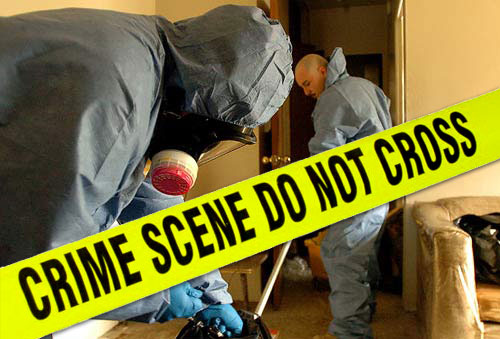How Crime-scene Clean-up Works

Leaving feelings and grossness apart, cleaning up blood service is rewarding. Costs vary significantly from business to firm, yet a base rate as much as $250 per hour is thought about affordable; the market’s primary accrediting body expenses depend upon the type of injury as well as the amount of unsafe material at the scene. The particularly large quantity of hazardous waste might incur additional charges.
In the end, the majority of criminal offense scenes expense between $1,000-$5,000 to tidy and sanitize; a homicide in a solitary space with a lot of blood may add to $3,000. In uncommon instances of mass trauma or architectural damages, costs can be in the thousands. This service is typically covered under the car, house owner’s or service insurance coverage. In the case of homicide, the company generally sends out the costs to the government crime to target adjustments agency, which offers financial aid towards the cost of removal. In some areas, spiritual companies aid in covering the cost.
Regardless of who pays the bill, there is cash to be made, as well as the crime scene cleanup industry has seen huge growth given that its birth in the mid-90s. Between 2010-2020, the criminal offense rates went down, the number of cleaning business specializing in crime scenes virtually increased. There are also franchise business chances.
Doing well in this industry implies understanding the delicate nature of the job. Marketing, as well as advertising, can be difficult. Some companies pick the standard phone-book path or promote it on the side of their vans. Others concentrate on more discreet alternatives, like passing out cards at service-industry features, resorts, as well as motels, need cleanups more often than any kind of other kinds of business, funeral homes as well as police headquarters. Advertising and marketing a crime-scene cleanup organization indicates being familiar with firefighters, detectives, paramedics as well as morticians, that will provide a list of cleaning company to survivors at the time it’s requested.
Some individuals call this growing area a social trend for the commercialization of deaths. Some call its straightforward industrialism. Others call it a blessing.